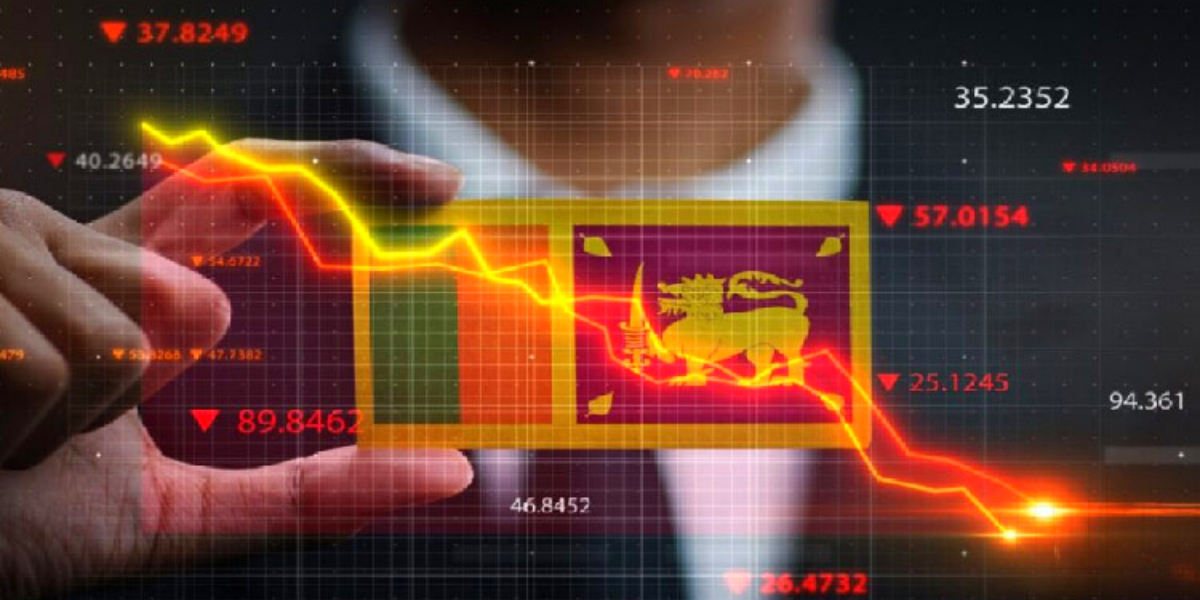Jimmy Carter arrested for placing ‘I Did That’ Stickers on Biden
After a gas station worker phoned the police to report a "hooligan"...

After declaring a default on its $51 billion foreign debt, Sri Lanka encouraged its nationals living abroad to donate money back to assist pay for urgently needed food and gasoline.
There are chronic shortages of critical products and recurring outages creating widespread misery on the island country, which was independent in 1948.
Administration officials are dealing with public outrage and strong rallies demanding that the government quit ahead of IMF bailout discussions.
Weerasinghe urged Sri Lankans living overseas to donate “much needed foreign currency” in order to “help the nation at this critical time.”
One day before, the government stated it would halt repayment on all foreign debt in order to free up funds for restocking low supplies of gasoline, medications, and other needs.
According to Weerasinghe, contributions from Sri Lankan expats would be spent where they were most needed if he could open up bank accounts in America, Great Britain, and Germany.
Foreign cash transfers would only be used to import necessities, including as food, gasoline, and medications, according to a statement from Weerasinghe’s bank.
Sri Lanka would save $200 million in interest payments due on Monday as a result of Tuesday’s default declaration, according to him, and the money will be used to pay for vital imports.
Sri Lankans living overseas have reacted sceptically to Weerasinghe’s request so far.
AFP spoke to a Sri Lankan doctor in Australia who requested anonymity. “We don’t mind assisting, but we can’t trust the government with our money,” he said.
There is no way to know whether the money would be used to help those in need, said a Sri Lankan software developer living in Canada.
In an interview with AFP, he said, “This might go the same way as tsunami funding,” alluding to millions of dollars the island received in help during the December 2004 tragedy, which killed at least 31,000 people on the island.
According to reports, much of the international contributions intended for tsunami victims ended up in the personal bank accounts of politicians, including the current Prime Minister Mahinda Rajapaksa.
The coronavirus epidemic decimated the country’s tourist and remittance industries, causing a snowballing economic disaster.
An extensive import embargo was put in place by the government in order to preserve the country’s diminishing foreign currency reserves, which it is currently using to pay off its outstanding obligations.
There are huge lineups for fuel and kerosene, the latter of which is used in poorer homes’ cooking stoves, all throughout the island because of the shortages that have resulted.
A total of eight individuals have died in petrol lineups since the beginning of the month.
Government mismanagement, years of accumulated debt, and ill-advised tax cuts, according to economists, have exacerbated the issue.
Tear gas and rubber bullets were used to disperse demonstrators who tried to raid the residences of government officials.
Thousands of protesters tented outside President Gotabaya Rajapaksa’s oceanfront office in Colombo, Sri Lanka, for a fifth consecutive day on Wednesday, demanding his resignation.
Catch all the Business News, Breaking News Event and Latest News Updates on The BOL News
Download The BOL News App to get the Daily News Update & Live News.